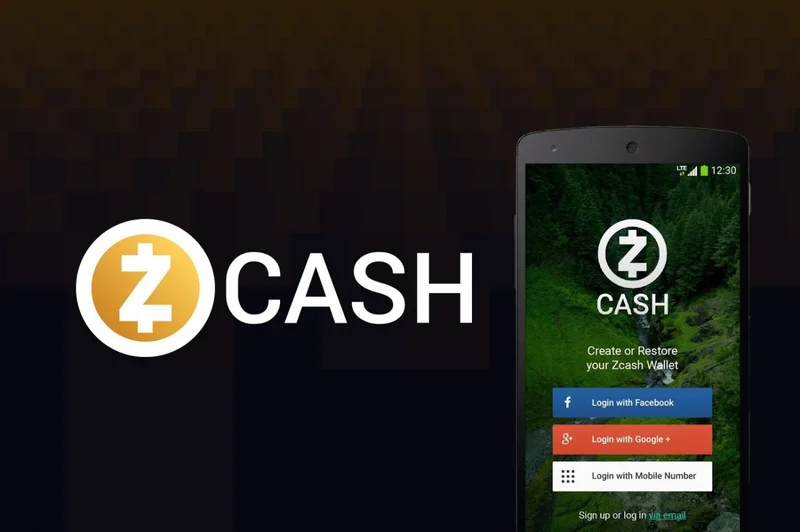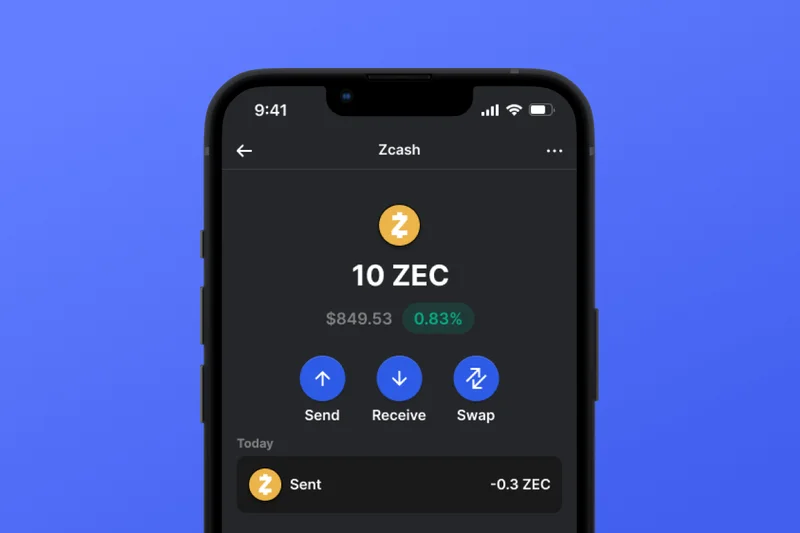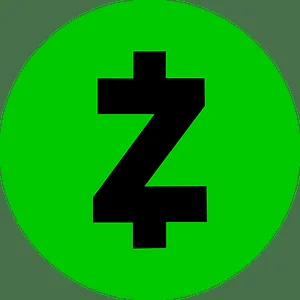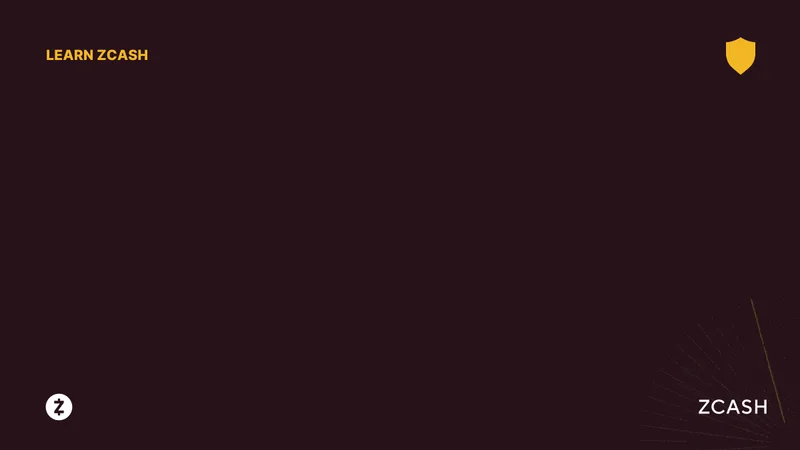Article Directory
So, Zcash is back.
I swear, you could set your watch to this stuff. Every few years, the crypto casino spins the wheel, and the little white ball lands on "privacy." Suddenly, everyone remembers that maybe, just maybe, broadcasting every single financial transaction you ever make onto a public ledger for all eternity isn't the brilliant masterstroke we thought it was. And just like that, an old-timer coin like Zcash gets dragged out of the nursing home, slapped with a fresh coat of paint, and paraded around like the next big thing.
The numbers are, admittedly, nuts. From a measly $54 to over $370 in a month. It’s the kind of chart that makes venture capitalists spill their kombucha. The herd is thundering, and the narrative is set: a "perfect storm of catalysts," according to one CEO quoted in Zcash Surpasses 2021 Peak as Traders Bet on Privacy Revival. Give me a break. A "perfect storm" is what happens when you combine a predictable block reward halving with a few influencer shout-outs and a market full of bored traders looking for the next rocket to ride.
It's a playbook as old as Bitcoin itself. You've got Arthur Hayes making a wild $10,000 price call, which is the 2025 equivalent of John McAfee making certain anatomical promises on live television. You've got Grayscale packaging it up for the Wall Street crowd. You've even got the vague, hand-wavy appeal to "rising surveillance concerns." It's all there. This isn’t a perfect storm; it’s a pre-packaged marketing kit.
And the best part? An expert quoted in the coverage admits the rally is driven by speculation, not fundamentals, citing a "limited increase in 'shielded transactions.'" You don't say. You mean people aren't actually using the privacy features? They're just gambling on the token? I'm shocked. Truly. This is a bad sign. No, "bad" doesn't cover it—this is the foundational lie of 99% of crypto projects. The tech is a Trojan horse for the token, not the other way around.
The Illusion of Privacy on a Public Stage
The whole situation gets even more absurd when you look at how Zcash is being integrated into the wider ecosystem. Take Solana, the high-speed darling of the last cycle. They proudly announced wrapped ZEC on their network. Great, right? Privacy on a faster, cheaper chain.
Except it ain't private. Not even a little.
The wrapped ZEC on Solana is just a standard SPL token. It’s like taking a secret agent, stripping him of his gadgets, putting him in a neon-yellow jumpsuit, and forcing him to announce his every move over a loudspeaker. All the privacy features that are the entire point of Zcash are gone. Your balances, your transactions—all out there for the world to see. It’s the most blatant example of "privacy theater" I’ve seen in a long time. They're selling the brand, not the function.

Now, a project called Encifher has swooped in, claiming they can fix this (as reported in Zcash News: Restoring Privacy to ZEC on Solana via Encifher). Their solution involves re-wrapping the already-wrapped token into another token, eZEC, using a salad of cryptographic buzzwords like "fully homomorphic encryption" (FHE) and "threshold ElGamal encryption." It sounds impressive, offcourse. It also sounds like trying to soundproof a room by wrapping it in seven more layers of drywall instead of just building the walls correctly in the first place.
They're storing encrypted data off-chain, using zero-knowledge proofs for validation, and employing ephemeral accounts to prevent transaction linking. It’s an incredibly complex machine designed to bolt privacy back onto a system that was never designed for it. And honestly, who is this for? The average user can barely figure out how to use a regular crypto wallet, and we expect them to navigate this labyrinth of encrypted wrappers and off-chain data layers...
It feels less like a genuine step forward for user privacy and more like a science project designed to attract VC funding. Will anyone actually use this Rube Goldberg contraption for their day-to-day private swaps? Or will it remain a niche, technically impressive toy for a handful of hardcore cypherpunks while everyone else just keeps gambling on the naked, non-private token? I think we all know the answer.
It’s a Narrative, Not a Revolution
Let's be real. The "privacy revival" isn't about people suddenly caring about financial sovereignty. If they did, they’d have been using this stuff for the last nine years it’s been available. This is about traders looking for a story. And "privacy" is a damn good story, especially when governments worldwide are getting cozier with digital surveillance.
Zcash offers a "clear, simple privacy narrative," one analyst said. That’s the key right there. It’s not about the tech, the shielded pools, or the homomorphic encryption. It’s about a simple, digestible theme that you can bet on. The halving provides a date on the calendar, a Schelling point for the market to coordinate its mania.
The price might be blasting past its 2021 peak, but the coin is still down nearly 90% from its all-time high set almost a decade ago. That context matters. This isn't a triumphant return to glory; it's a dead cat bounce fueled by speculation. Maybe I'm just the cynical one here, the guy who's seen too many of these cycles play out exactly the same way. But when the primary evidence for a revolution is a 30-day price chart and not a corresponding explosion in actual usage, I'm not buying it.
The real question isn't whether Zcash can hit $400 or $500. The question is: what happens when the halving passes and the traders get bored? What happens when the narrative shifts to the next shiny object? We’re left with a technically interesting piece of privacy tech that almost nobody uses and a bunch of bagholders wondering where the "perfect storm" went.
So We're Doing This Again, Huh?
At the end of the day, this is all just noise. It’s a casino, and Zcash is the hot slot machine for the month. The technology is a footnote, the privacy a marketing slogan. The entire spectacle is driven by the same old cocktail of greed, hype, and a desperate search for a narrative to justify the gamble. Nothing has fundamentally changed, and when the music stops, it’ll be the same story all over again. Don't let the fancy charts and cryptographic jargon fool you. This isn't a revival; it's a rerun.




